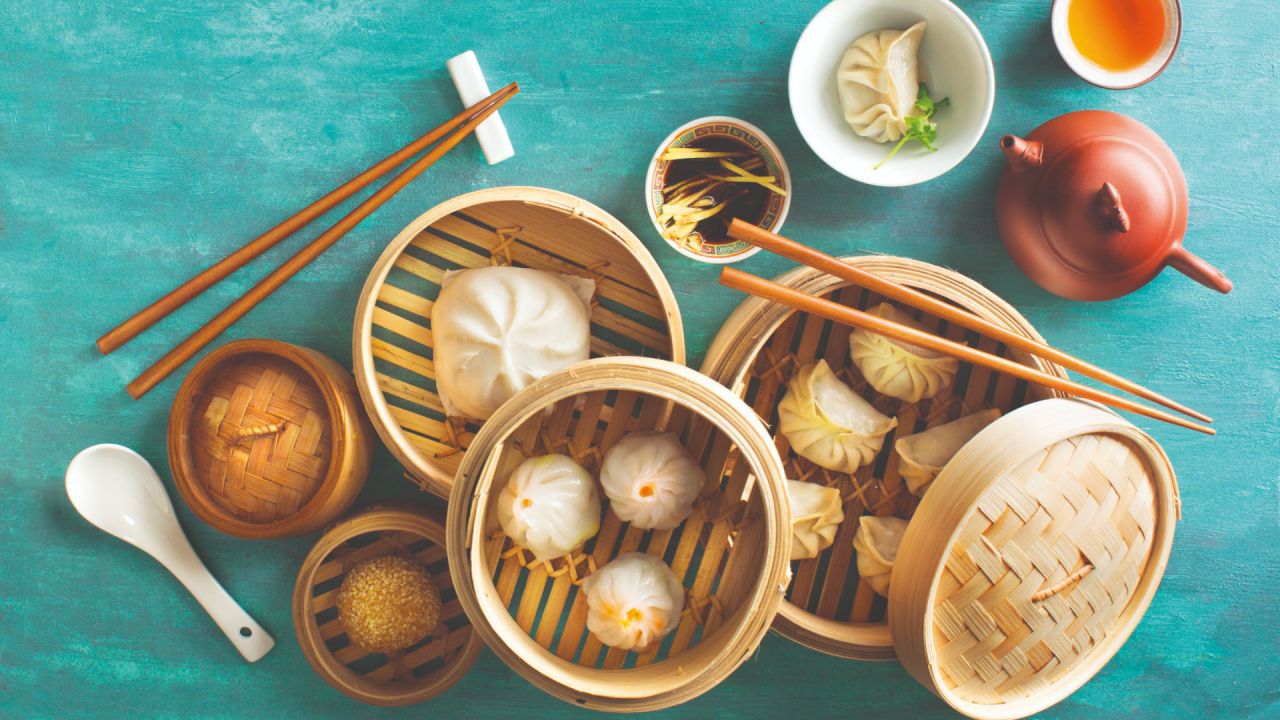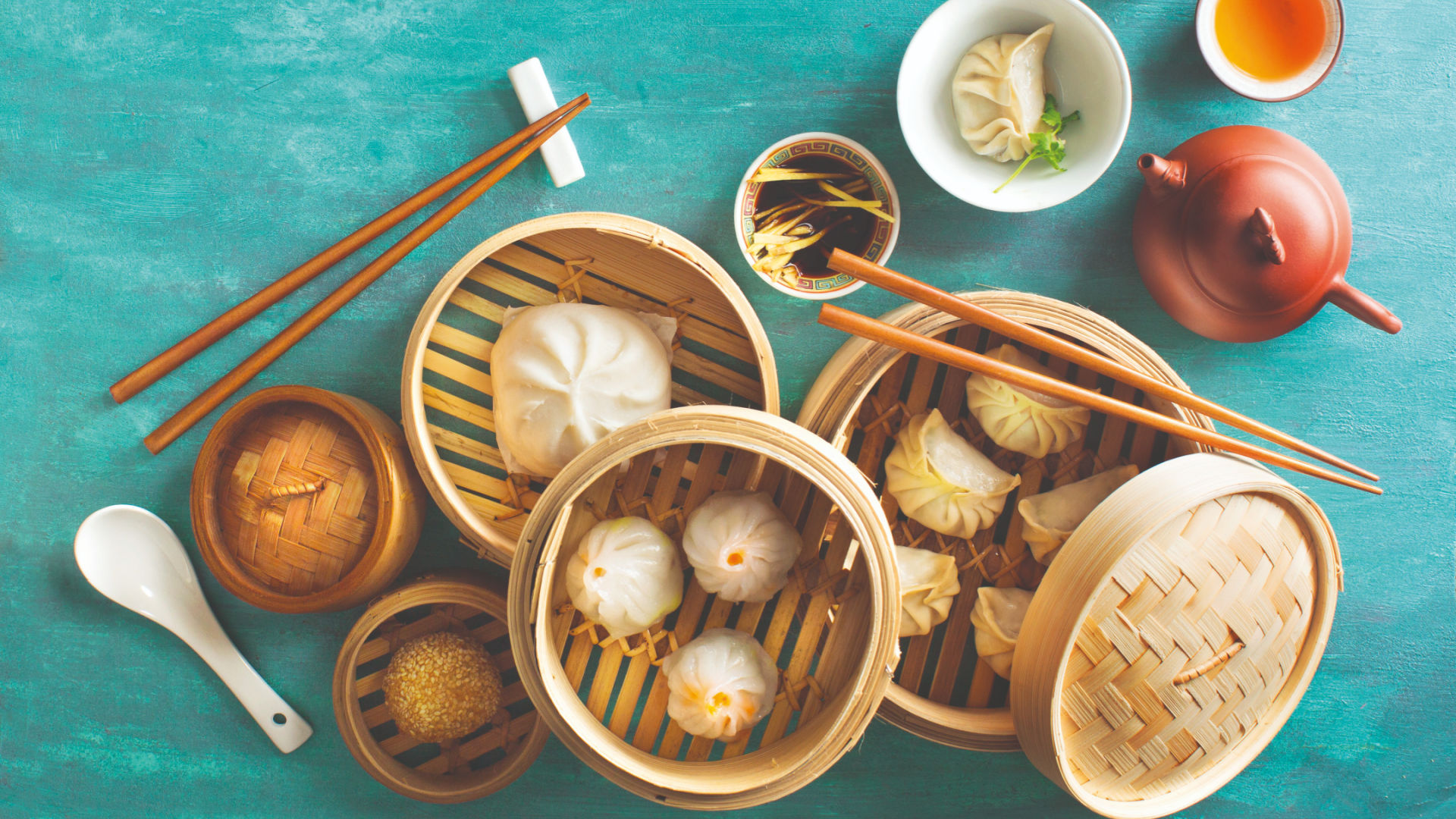During the early days of the pandemic, a video clip of a Chinese celebrity slurping bat soup went viral – no matter that it was taken from a travel show filmed in 2016 on Palau, a Pacific island some 2,000 miles from the Huanan wet market in Wuhan, and regardless of the fact that the Chinese don’t like munching on bats in any case. Wuhan was Covid ground zero, and filthy Chinese eating habits were to blame.
In Invitation to a Banquet, Fuchsia Dunlop sets out to skewer misconceptions about what she calls ‘the world’s most sophisticated gastronomic culture’. This contention may surprise foreigners brought up on sweet-and-sour pork balls doused in Day-Glo red syrup, but it is a convincing one. I have yet to meet anyone who has spent more than a year or two in China who disagrees. Real Chinese food is nothing like the bastardised Cantonese slop, altered beyond recognition for local tastes, still sold by takeaways across Britain. China has been obsessed with the provenance, terroir and seasonality of food for 2,000 years. Hangzhou had a rich public dining scene 500 years before Parisians ‘invented’ restaurants in the 18th century.
Dunlop is the chef de cuisine of Chinese cookery for British readers, with several books about regional styles under her belt. As the first western student to train at the Sichuan Higher Institute of Cuisine in Chengdu, she also has the practical chops to go with her learning. She was a consultant for the launch of Barshu, a trailblazing Soho restaurant which has brought near-authentic Sichuan food to London since 2006 and runs popular eating tours across China.
My pregnant wife nurtured our growing son with sheep offal stew – a go-to dish for any northern Chinese girl
Her latest book is structured around 30 dishes served in four courses, based on origins, ingredients, cooking and eating.








Comments
Join the debate for just £1 a month
Be part of the conversation with other Spectator readers by getting your first three months for £3.
UNLOCK ACCESS Just £1 a monthAlready a subscriber? Log in